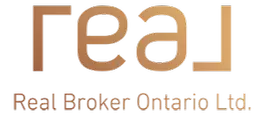How to Keep Your Toronto Home Safe While You’re Away on Vacation
The bags are packed, the out-of-office is on, and the only thing left between you and your sunny escape is the nagging worry: Is my home safe?
For Toronto and GTA homeowners, leaving your property unattended—especially during our harsh winters—comes with unique risks, from break-ins to burst pipes. But with a solid plan, you can enjoy your vacation knowing your biggest investment is secure.
Here are the essential, comprehensive tips every Toronto homeowner should follow before heading out of town.
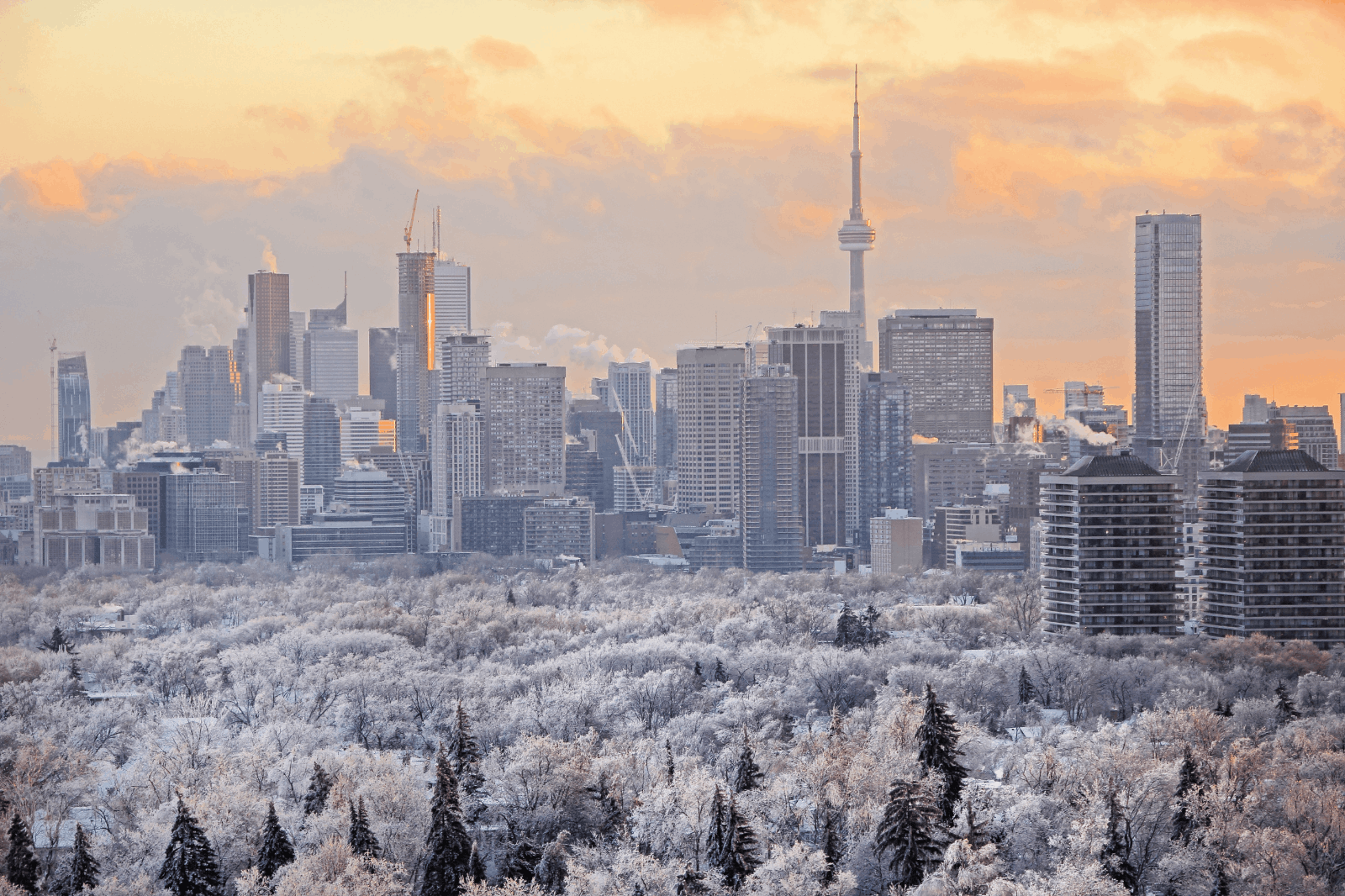
1. Strengthen Your Social & Digital Security
The best defense involves your community and your communication habits.
-
Build Rapport with Your Neighbours (The Neighbourhood Watch in Action): This is your first and best line of defense. Inform your trusted neighbours about your vacation plans and the dates you will be away. Ask them to keep an eye out for any unusual activities, unexplained vehicles, or unexpected deliveries. Give them a contact number and perhaps even the name of your house watcher.
-
Be Cautious on Social Media: While it's tempting to share your vacation plans and location, be highly cautious on social media. Save the vacation pictures and check-ins for when you return to avoid broadcasting that your house is empty.
2. Master the Canadian Winter Prep (The Frozen Pipe Protocol)
This is the most crucial, and often most expensive, risk for Toronto homeowners in the colder months: burst pipes. Water damage is one of the most common and costly insurance claims for unoccupied homes.
-
Maintain a Moderate Temperature: Never shut off your heat entirely. Set your thermostat to a safe level (many experts suggest a minimum of $16^\circ C$ or $18^\circ C$ for prolonged absences) to prevent freezing pipes.
-
Upgrade to Smart Thermostats: Consider using a smart thermostat for easy control. This technology allows you to check and adjust the temperature remotely, providing peace of mind and acting as a preventative measure against a sudden furnace failure.
-
Shut Off the Water Main: For longer trips (more than a week), locate and turn off the main water supply to the house. Then, open all faucets briefly to drain the lines and relieve pressure.
-
Disconnect Outdoor Hoses: Ensure all garden hoses are disconnected and drained. If you have a separate shut-off valve for your outdoor taps, close it.
3. Fortify Your Physical Security & Technology
Technology and basic security measures work together to protect your home.
-
Invest in Smart Home Security Systems: From cameras to doorbell alerts, technology can be your ally in monitoring your property remotely. Smart doorbells and external cameras alert you to movement, and comprehensive security systems allow you to stay connected and in control.
-
Check Windows and Doors: Ensure all windows, including basement and garage windows, are locked. Check that your exterior doors have good quality, one-inch deadbolt locks.
-
The Lighting Illusion: Use programmable timers or smart lights to turn lights on and off in various rooms during the evening, mimicking a normal, lived-in routine.
-
Minimize Visibility of Valuables: Close blinds or curtains in rooms where valuable items are visible from the street, but ensure they are slightly open in other areas to maintain the illusion of occupancy.
4. Manage Mail, Deliveries, and the Exterior Appearance
A messy or neglected exterior is a major sign of a vacant home.
-
Address Mail & Deliveries: Nothing screams "vacant" like a stuffed mailbox or a pile of flyers. Use Canada Post's Hold Mail service and pause any newspaper or food subscription deliveries.
-
Arrange for Yard Care: Ask your trusted neighbour or a service to clear snow in winter or cut the grass in summer. A well-maintained exterior suggests someone is still coming and going.
-
Park Smart: Leave your car in the driveway if you're not taking it, or ask your neighbour to park their second vehicle there temporarily to signal occupancy.
-
Store Tools: Tidy up your yard. Store all outdoor items—especially tools, ladders, or anything that could be used to gain entry—inside the garage or shed.
5. Review Your Home Insurance Policy
This is the most critical administrative step to ensure you are covered if the worst happens.
-
The Unoccupied Rule: Most standard homeowners' insurance policies in Ontario limit or void coverage (especially for water damage, theft, and vandalism) if the home is unoccupied for an extended period (often 4-30 days, depending on the season).
-
Notify Your Insurer: Always call your insurance broker before an extended absence. They will clarify the exact rules for your policy and may require a designated House Watcher who checks your home every 24 to 72 hours to keep your full coverage active.
By integrating these comprehensive, Toronto-specific steps, you’re actively mitigating the specific risks that come with owning a home in the GTA. Now, go enjoy your time off—you’ve earned it!
Categories
Recent Posts
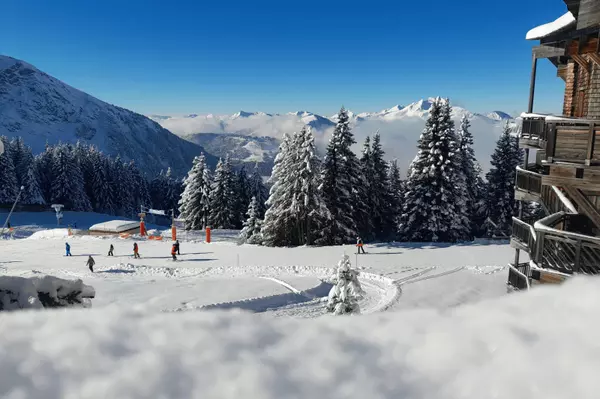
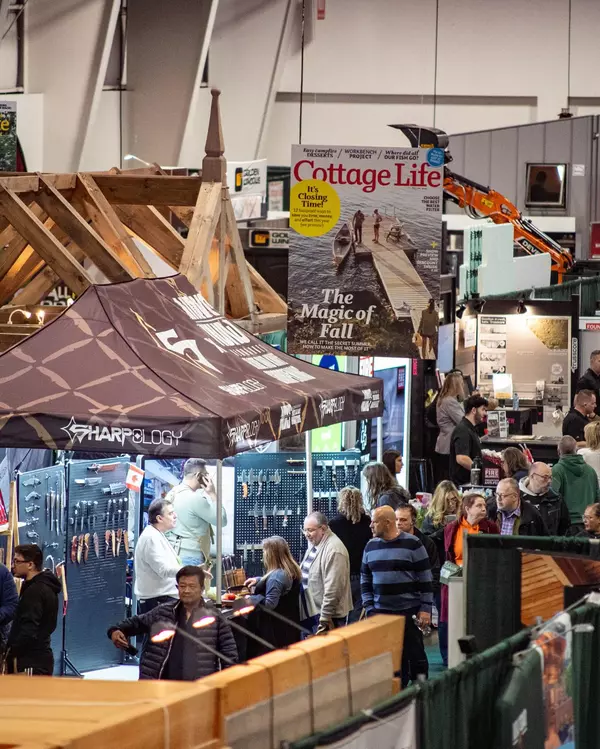
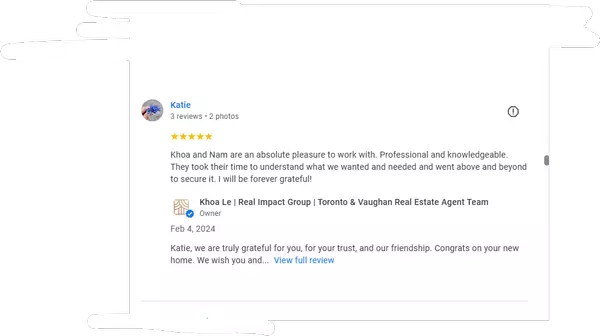

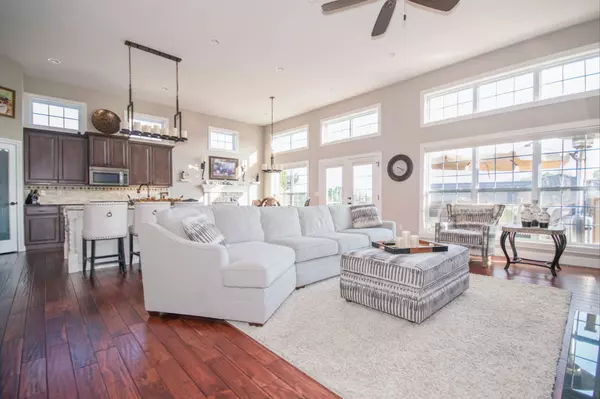

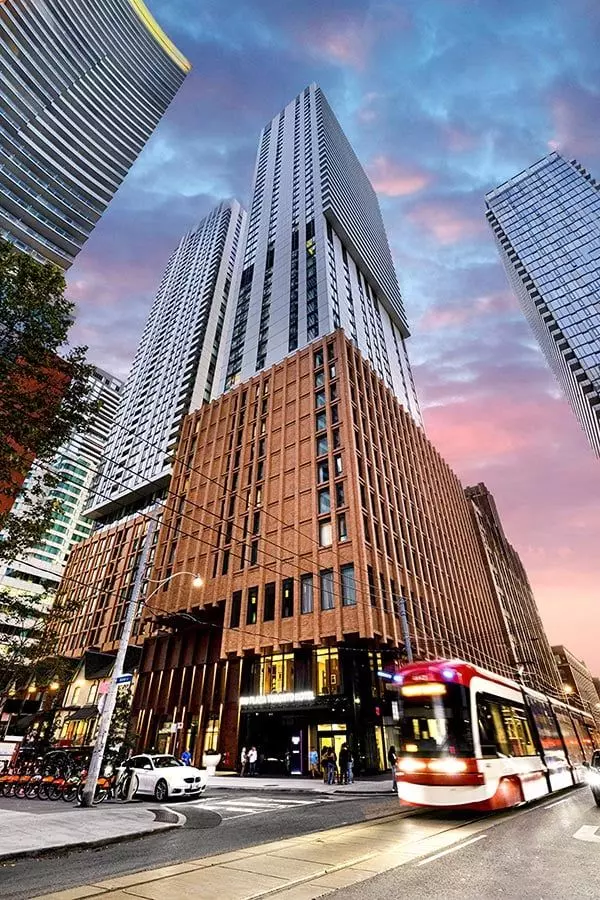
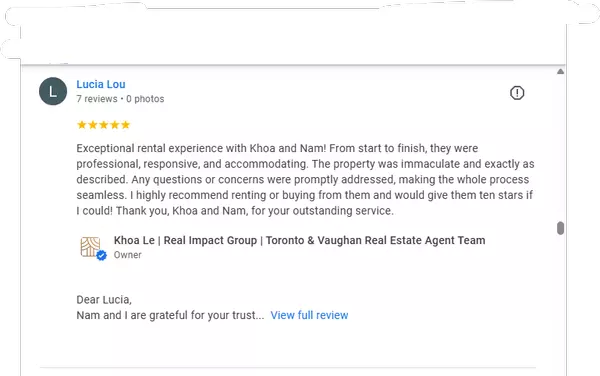

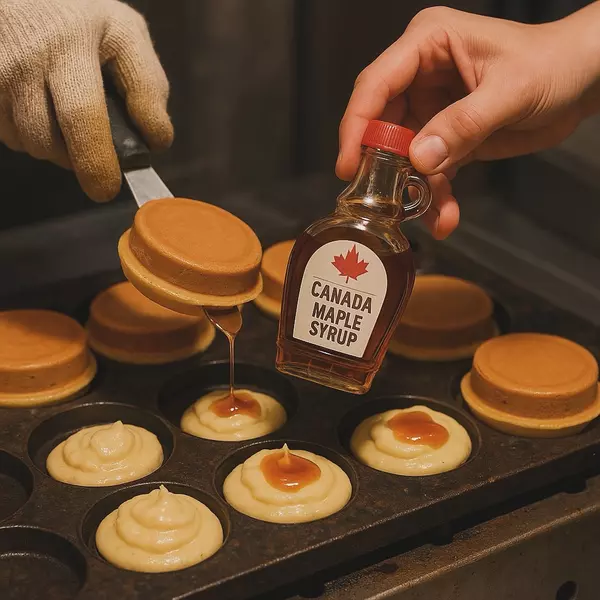

Send us your Questions or Comments.
ABOUT US
Real Impact Group specializes in helping clients achieve their heart's desire through Real Estate. While making a lasting IMPACT on our clients' lives, we also treat each one as a valued member of our family.
130 KING ST W UNIT 1800B TORONTO,
Ontario M5X1E3, Canada
+1(647) 271-5461
RESOURCES
VISIT US ON YOUTUBE
Are you thinking about moving to Toronto and surrounding areas? This channel is all about living in Toronto Canada, moving to Toronto Canada, and relocating to Toronto Canada. If you want to know everything about eating, sleeping, working, playing, and the good and bad of living in Toronto and surrounding areas, then subscribe & tap the for notifications 🔔 so you can be the first to know about the current market in Toronto.

